Discover the Best Non Toxic Slow Cooker for Healthy, Safe Cooking
Did you know your beloved slow cooker could be leaching harmful toxins into your food? It’s a shock, I know. We all love slow cookers for the sheer comfort they bring to our kitchens and bellies. But the truth is, finding the best non-toxic slow cooker is no longer a luxury – it’s a necessity.
Let me guide you through the labyrinth of non-toxic cookware, spotlighting the safest materials and top brands in 2024. With firsthand experiences and research insights, you’ll discover the imperative switch to non-toxic cookware, intertwining unparalleled flavor with ultimate health.
Don’t worry, every step towards healthier, more sustainable cooking is an achievement. And, trust me, your family will thank you for the delicious, wholesome, and safest meals they’ll savor. Here’s to rediscovering the joy of good old slow cooking, toxin-free!
Health Risks You Evade with Non-Toxic Slow Cookers
Importance of Non-Toxic Slow Cookers: Crucial for Health and Safety
Choosing the best non-toxic slow cooker is vital for safeguarding your health. Conventional slow cookers often contain harmful substances like lead, cadmium, PFOA, PTFE, and certain plastics. These materials can leach into your food, posing significant health risks. Opting for non-toxic slow cookers ensures that your meals are free from these dangerous contaminants, allowing you to enjoy your food with peace of mind.
Avoiding Harmful Materials
Selecting a non-toxic slow cooker helps you avoid exposure to several hazardous materials. Common harmful substances in slow cookers include:
- Lead and Cadmium: Often found in glazed ceramics, these heavy metals can cause neurological damage and other severe health issues.
- PFOA and PTFE: Present in non-stick coatings, these chemicals are notorious for breaking down at high temperatures, releasing toxic gases.
- Plastic Elements: Some plastic components can leach harmful chemicals, especially when exposed to heat.
Choosing slow cookers made from safer materials like stainless steel, cast iron, and high-quality ceramics significantly reduces these risks.
California Proposition 65 Warning
If a product contains any substance known to cause cancer, birth defects, or other reproductive harm, it must carry the California Proposition 65 warning. Many conventional slow cookers come with this warning, indicating the presence of heavy metals or other toxic substances. Opting for the best non-toxic slow cooker helps you avoid these flagged materials, ensuring a healthier cooking environment.
The Dangers of Toxic Materials Hidden in Cookware
Non-Stick Pans and Slow Cookers
Non-stick pans and slow cookers, while convenient, can release harmful gases when heated. These gases are so toxic that they can kill birds in close proximity. The best non-toxic slow cooker options avoid these dangerous coatings, safeguarding both your food and home environment.
Risks of PTFE Slow Cookers
PTFE-coated slow cookers pose particular risks due to the potential for the coating to peel or chip. This degradation can cause toxic particles to mix with your food, presenting long-term health concerns. Choosing slow cookers that do not use PTFE is a safer option for your kitchen.
The Aluminum Cookware Concern
Aluminum cookware, including some slow cookers, has been linked to Alzheimer’s disease. Aluminum cannot be detoxified from the human body, making it a dangerous choice for long-term use. Non-toxic alternatives like stainless steel or cast iron are much safer.
Clay Cookware Cautions
While clay cookware can be an excellent option, you need to be cautious. Some clay pots contain lead and other heavy metals. Thoroughly research any clay slow cooker to ensure it is free from these hazardous substances, securing the non-toxic benefits you seek.
By choosing the best non-toxic slow cooker, you effectively avoid these risks, ensuring your meals are prepared in a safe and healthy manner. The right materials make a significant difference in your overall health and the safety of your household.
Decoding Non-Toxic Slow Cooker Materials
A Closer Look at What Makes a Slow Cooker Truly Non-Toxic
To identify the best non-toxic slow cookers, focus on materials that ensure both safety and durability. Slow cookers crafted from stainless steel, cast iron, or high-quality ceramics generally pose fewer health risks and offer peace of mind.
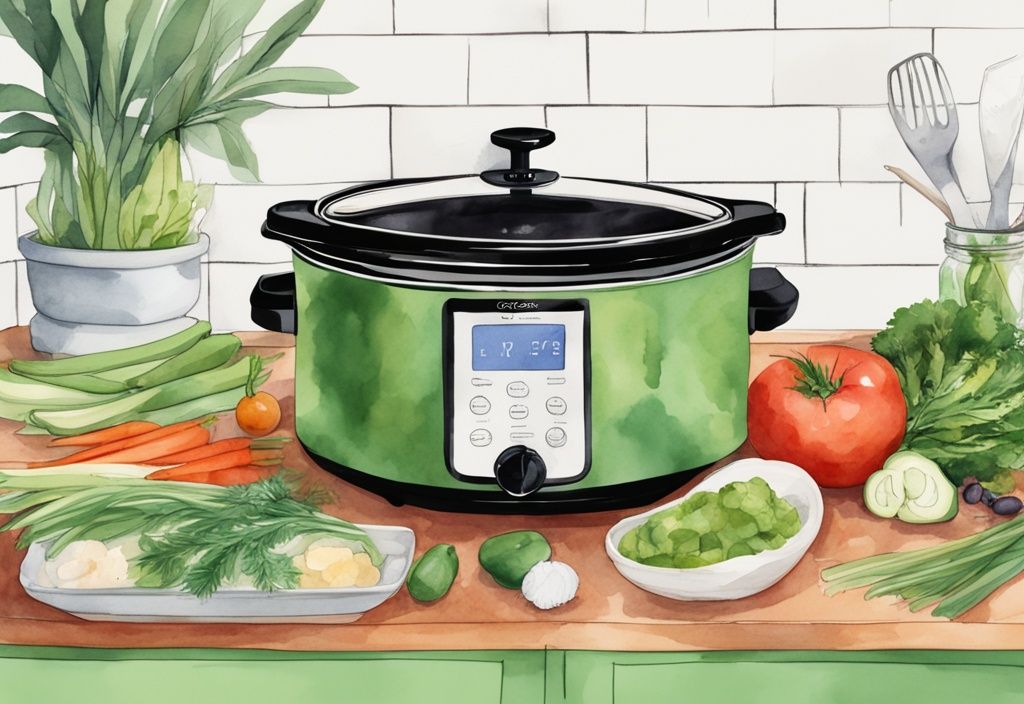
Stainless steel cooking pots come highly recommended. Not only are they non-toxic, but they are also durable and recyclable, making them an excellent eco-friendly choice. When selecting a slow cooker, look for models that feature stainless steel housing and handles. These attributes contribute to the appliance’s longevity and ensure safer handling during cooking.
Additionally, some brands meet strict safety standards, such as California Prop 65 requirements, offering further assurance of their non-toxic nature. This can make a significant difference when you want the best for your home and family.
Materials You Should Steer Clear Of
When on the hunt for the best non-toxic slow cooker, it’s crucial to steer clear of certain materials known for their harmful effects. Glazed ceramic slow cookers should be avoided due to the potential for heavy metal leaching, particularly lead and cadmium, which can contaminate food over time.
Non-stick PTFE (Teflon) slow cookers pose another significant risk. The non-stick coating can degrade, leach chemicals, and emit toxic fumes when overheated. Such cookers often contain aluminum bases, which have been linked to Alzheimer’s disease.
Similarly, be cautious with slow cookers that come with chemical exposure warnings for substances like styrene and BPA. These chemicals can introduce harmful toxins into your food, making them a poor choice for a non-toxic kitchen.
Lastly, steer clear of aluminum cookware entirely. Not detoxifiable and strongly associated with health risks, aluminum should have no place in your kitchen if you prioritize a non-toxic cooking environment.
By making informed choices and understanding what to avoid, you’ll be well on your way to finding the best non-toxic slow cooker that fits beautifully into your healthier lifestyle.
Embracing the Perks of Non-Toxic Slow Cookers
The Key Attributes of the Best Non-Toxic Slow Cookers
Transitioning to a non-toxic slow cooker opens up a world of benefits, enhancing your culinary endeavors while prioritizing your health and safety. One standout attribute of the best non-toxic slow cookers is their use of safe, reliable materials. Crafted from stainless steel, certain ceramics, and organic clay, these cookers ensure that no harmful substances leach into your food during cooking.
In addition to being free from toxic materials, the best non-toxic slow cookers feature advanced settings such as digital programming, temperature controls, and timers. These user-friendly functionalities allow for precise, effortless cooking. For instance, digital settings let you program your slow cooker in advance, giving you the freedom to focus on other tasks while still enjoying perfectly cooked meals.
Ease of cleaning is another essential aspect. With removable and dishwasher-safe inserts, these slow cookers simplify post-meal cleanup. Quick and easy cleaning not only saves you time but also keeps your slow cooker in top-notch condition, preventing the build-up of food residues over time.
Understanding the Superiority of Stainless Steel Cookers
Stainless steel slow cookers are a top choice for anyone seeking the best non-toxic slow cooker. Stainless steel is non-toxic, durable, and recyclable, making it an eco-friendly option. It doesn’t react with food, preserving the natural flavors and nutrients of your dishes without the risk of contamination.
These cookers are perfect for preparing soups, stews, and various hearty meals. Even though stainless steel isn’t non-stick, it supports healthy cooking by allowing you to brown and sauté ingredients before slow cooking. For a list of gentle products, you might be interested in learning about the Pampers Sensitive Wipes ingredients. This feature adds depth and richness to your culinary creations.
Moreover, stainless steel models often boast robust construction, including durable housing and handles. Their sleek design combined with resilient nature makes them a valuable kitchen addition, promising long-term use without degrading into harmful substances.
In summary, finding the best non-toxic slow cooker involves selecting models made from safe materials, equipped with user-friendly features, and designed for easy cleaning and versatile cooking. Stainless steel slow cookers, in particular, provide unmatched benefits in terms of health, durability, and performance.
The Best Non-Toxic Slow Cooker Brands Finally Uncovered
When it comes to choosing the best non-toxic slow cooker, several brands stand out for their commitment to health and safety.
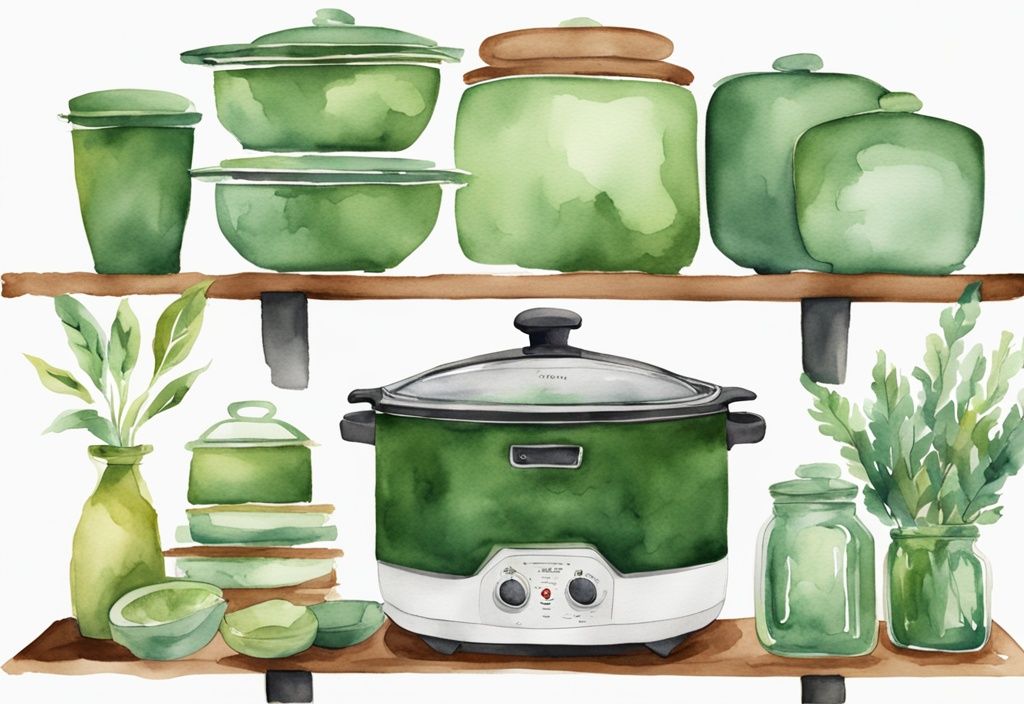
Let’s dive into the top options that combine exceptional cooking performance with non-toxic materials.
Review: VitaClay VM7900-8 Non-Toxic Slow Cooker
Standout Features and Benefits
The VitaClay VM7900-8 Non-Toxic Slow Cooker truly impresses with its unique use of organic clay. Free from metals, non-stick chemicals, and other toxins, this choice offers a wholesome cooking experience. Clay’s natural properties shine by preserving the nutrient content of meals, making them healthier. Imagine serving meals that are not only flavorful but also packed with nutrients. The versatility of this slow cooker is another highlight, featuring multiple cooking modes, including options for slow cooking and rice cooking. Its clay composition not only ensures non-toxicity but also enriches the flavors in your dishes. For those wondering, you might also want to know, is salt and stone non toxic in your cooking tools?
What Customers Are Saying
Customer feedback for the VitaClay VM7900-8 is overwhelmingly positive. Many users rave about how it enhances the natural flavors of their food, making meal times more enjoyable. They also appreciate the ease of cleaning and maintenance, as the non-porous clay does not stain or retain odors. Some users mention that the alert sounds are quite loud, which can be a minor drawback for some.
Review: Instant Pot Duo 7-in-1 Non-Toxic Electric Pressure Cooker
Eye-Catching Features and Benefits
The Instant Pot Duo 7-in-1 Non-Toxic Electric Pressure Cooker offers a plethora of functionalities, all housed in food-grade stainless steel that’s free from harmful coatings. This versatile appliance is perfect for a variety of cooking tasks, including pressure cooking, slow cooking, rice cooking, sautéing, and steaming. Its programmable controls simplify meal prep, making this an incredibly user-friendly option. Plus, the stainless steel inner pot ensures a non-toxic cooking environment, making it a fantastic choice for those dedicated to healthy cooking.
First-Hand Customer Experiences
Users frequently commend the Instant Pot Duo for its versatility and speed. The non-toxic qualities of the stainless steel inner pot provide peace of mind, alongside exceptional cooking performance. Although there is a learning curve associated with mastering its many functions, customers find it to be a valuable addition to their kitchens once they get the hang of it.
Review: Crock-Pot 6-Quart Non-Toxic Cook & Carry
Unique Features and Advantages
The Crock-Pot 6-Quart Non-Toxic Cook & Carry is distinguished by its lead-free stoneware pot, making it a top pick for those prioritizing non-toxic cooking. Ideal for family dinners and larger meals, this slow cooker’s lid lock system ensures secure transport, making it perfect for gatherings and potlucks. Even heating is another major plus, providing consistently well-cooked meals every time.
Customer Feedback and Satisfaction
Feedback for the Crock-Pot 6-Quart Non-Toxic Cook & Carry highlights its user-friendly design and portability thanks to the lockable lid. Users often mention its durable build, ensuring long-term use. However, some find the stoneware pot a bit heavy, a factor worth considering if a lighter option is preferred. Despite this, its non-toxic material and reliable cooking performance make it an excellent addition to any health-focused kitchen.
Ensuring Your Non-Toxic Slow Cooker Stands the Test of Time
Maintaining the best non toxic slow cooker is essential for its longevity and optimal performance. Here’s a detailed guide to ensure your cooker remains in prime condition:
Expert Tips for Cleaning and Maintenance
You’ve invested in the best non toxic slow cooker, and now it’s about keeping it as good as new. It’s all about regular maintenance and gentle care to keep it functioning at its best.
- Allow the Cooker to Cool: Always let your slow cooker cool completely before you start cleaning it. Once I hurried and caused a painful thermal shock, which damaged the ceramic insert. Lesson learned: patience protects your cooker!
- Use Mild Detergents: When washing the removable parts, choose a mild detergent. I’ve found harsh chemicals can degrade the materials over time, especially in ceramic and clay pots. A soft sponge works wonders to clean all surfaces gently, avoiding any abrasive scratches.
- Dishwasher-Safe Inserts: If your slow cooker has dishwasher-safe inserts, they can be a lifesaver. They simplify the cleaning process. Just remember to follow the manufacturer’s guidelines to prevent damage from high temperatures or strong detergents used in dishwashers if you’re in doubt.
- Inspect Regularly: Regularly inspect your slow cooker for any chips or cracks, especially if it includes ceramic elements. I once overlooked a minor chip that led to more substantial damage. Catching it early can prevent those harmful substances from leaching and keep your cooker safer for longer.
- Avoid Abrasive Cleaners: Avoid using abrasive sponges, cleaners, or scouring pads. They can damage the non-stick surfaces and coatings, leading to faster wear and tear. Preserving the surface integrity helps maintain its non-toxic properties, ensuring you can enjoy safe and healthy meals.
Incorporating these expert tips into your routine will ensure that your best non toxic slow cooker provides you with delicious and healthy meals for years to come. With a bit of love and care, your investment in health and sustainability will truly stand the test of time.
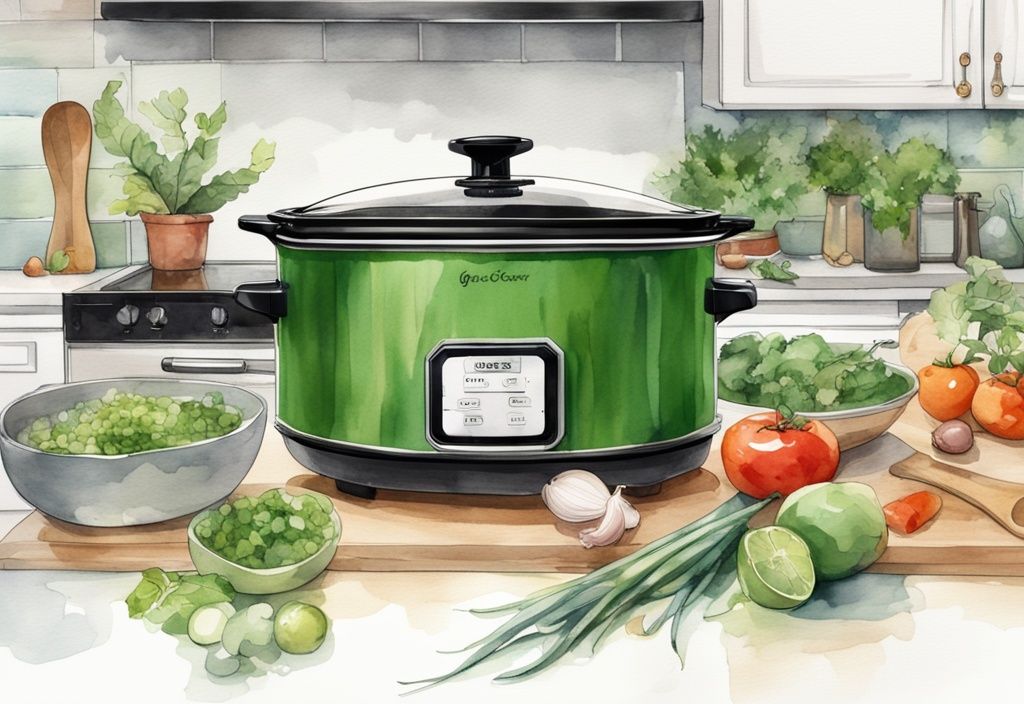
Turning the Page: Why Transitioning to Non-Toxic Slow Cookers is Crucial
Emphasis on Health Benefits and Reducing Exposure to Harmful Chemicals
Transitioning to the best non-toxic slow cooker offers a significant way to protect your health and avoid hazardous chemicals like lead, cadmium, BPA, and PFOA found in traditional cookware. When my family and I made the switch, the immediate peace of mind was invaluable. Using safe, non-toxic materials reduces risks such as heavy metal poisoning, hormone disruption, and chronic illnesses.
Cooking with a non-toxic slow cooker means fostering a healthier, safer environment, ensuring not just nutritious meals but also comfort in the knowledge that your cooking ware isn’t compromising your wellbeing.
Eco-Friendliness Due to Better Materials That Do Not Pollute
But it’s not just about personal health. Non-toxic slow cookers often use eco-friendly materials like stainless steel, cast iron, and high-quality ceramics. These materials are recyclable and generate a lower environmental impact than conventional cooking products. By opting for the best non-toxic slow cooker, you’re not only treating yourself to safer health options but also contributing positively to the environment.
I remember the relief of knowing my choices were supporting something bigger—pushing against pollutants and embracing environmentally responsible practices.
Enhanced Flavor and Nutrient Retention in Food Prepared with Non-Toxic Cookware
Using the best non-toxic slow cooker enhances not just safety but also the quality of your meals. I’ve found that food prepared in non-toxic slow cookers retains more nutrients and natural flavors. Safe materials prevent chemicals from leaching into your food, which means no unwanted tastes and a true essence of the ingredients.
Whether it’s a hearty stew or a delicate sauce, you won’t just notice the difference in taste—you’ll feel good knowing your meals are as wholesome as they can be.
The Growing Market Offers Many Reliable Non-Toxic Options
As more people look for healthier and safer cooking solutions, the market for non-toxic slow cookers has flourished. Leading brands like VitaClay, Instant Pot, and Crock-Pot have stepped up, providing high-quality products that meet stringent safety standards. There’s a variety of options to suit everyone’s cooking needs, making it easier to find the best non-toxic slow cooker for your lifestyle.
With increasing awareness and availability, switching to non-toxic cookware has never been more accessible or functional. Transitioning is not just a trend; it’s a positive step towards a healthier lifestyle and a better planet.
FAQs about the Best Non-Toxic Slow Cookers
What materials make a slow cooker non-toxic?
Non-toxic slow cookers shine with materials like stainless steel, high-quality ceramics, and some types of clay. It’s crucial to avoid slow cookers made from PTFE, aluminum, and glazes with heavy metals, as these can pose serious health risks. Opting for these safer materials ensures both your meals and your kitchenware keep you in good health.
Are ceramic slow cookers always toxic?
Not at all. The trick is to look for ceramic slow cookers with non-toxic glazes that comply with strict safety standards. I’ve learned, especially with older models, that it’s vital to test for lead and heavy metals to ensure you’re cooking safely. Modern ceramics can offer both safety and the charm of traditional cookware.
What are the top brands for non-toxic slow cookers?
When it comes to trustworthy brands, VitaClay, Instant Pot, and Crock-Pot lead the way with their use of safe materials. I’ve found 360 Cookware to be exceptional too—its surgical-grade stainless steel and lack of toxic coatings make it a stellar, reliable choice. These brands stand out for their commitment to health and safety.
How do I keep my non-toxic slow cooker in prime condition?
Maintaining your non-toxic slow cooker is simpler than you might think. I recommend using mild soaps and non-abrasive sponges for regular cleaning. Proper storage to prevent damage and adhering to the manufacturer’s guidelines can also keep your slow cooker in optimal condition for years to come. It’s a little effort that goes a long way.
What should I look for when buying a non-toxic slow cooker?
When shopping for a non-toxic slow cooker, verify that the materials are free from harmful substances like PTFE and lead. Extra functionalities, ease of use, and positive customer reviews also play significant roles. And don’t forget to check for compliance with safety standards like California Prop 65. Durability and ease of cleaning are features that can make your slow cooking experience even better.uit your needs.
Hi, I’m Olivia Green, the voice behind nontoxicways.com. I’m passionate about helping you make the shift to a healthier, non-toxic lifestyle without feeling overwhelmed. I love sharing my personal journey, from small changes to big transformations, along with practical tips that make it all feel doable. My goal is to inspire and guide you toward a lifestyle that benefits both your well-being and the planet. Let’s take this journey together, one simple step at a time!
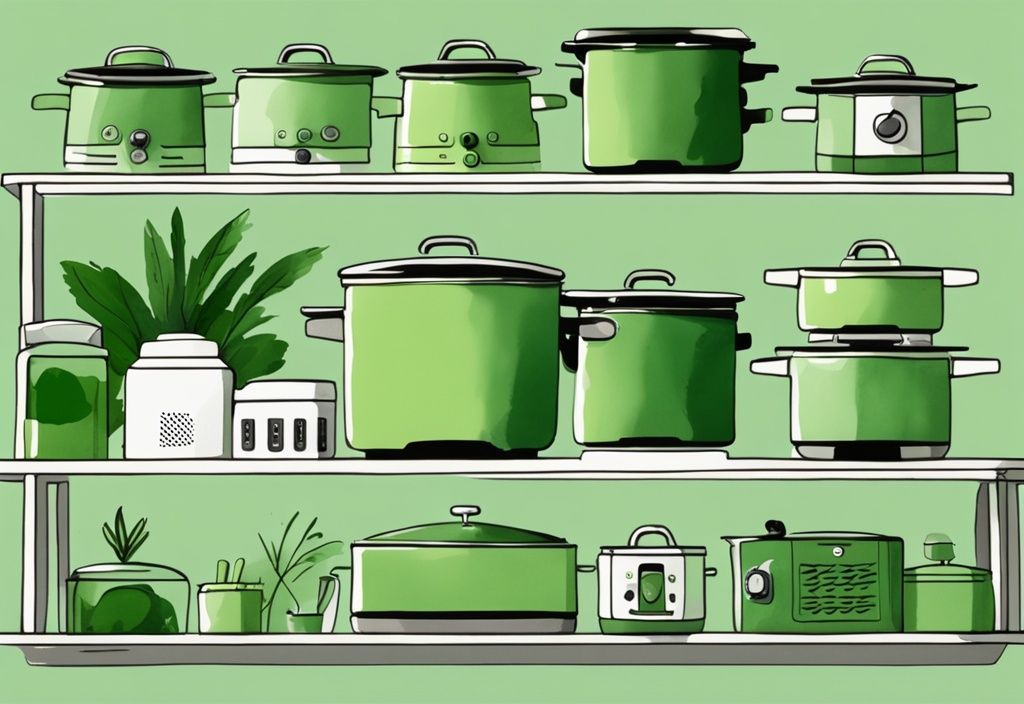
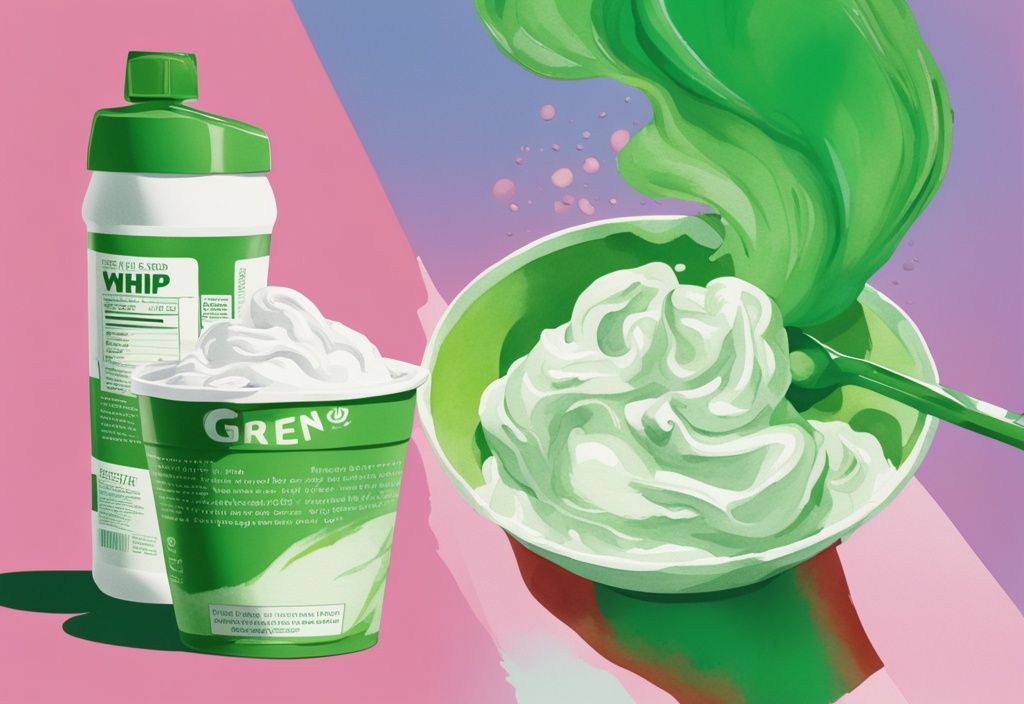
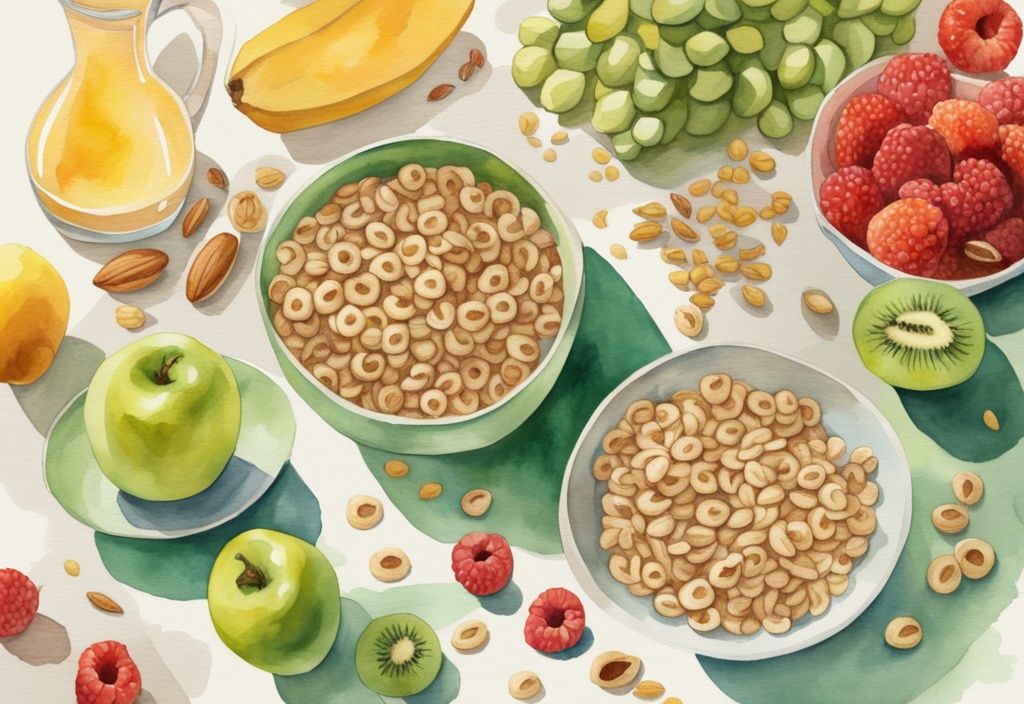

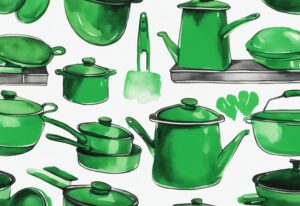
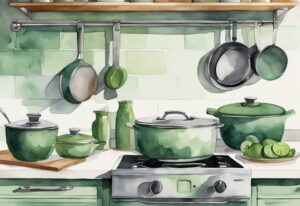

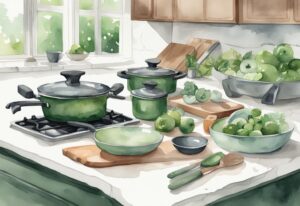
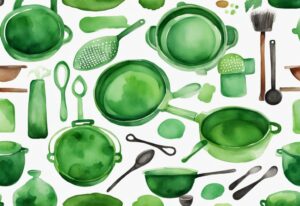
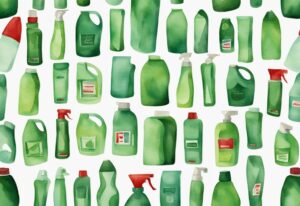


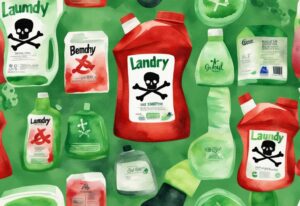
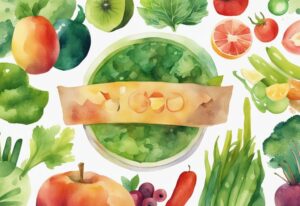
Post Comment